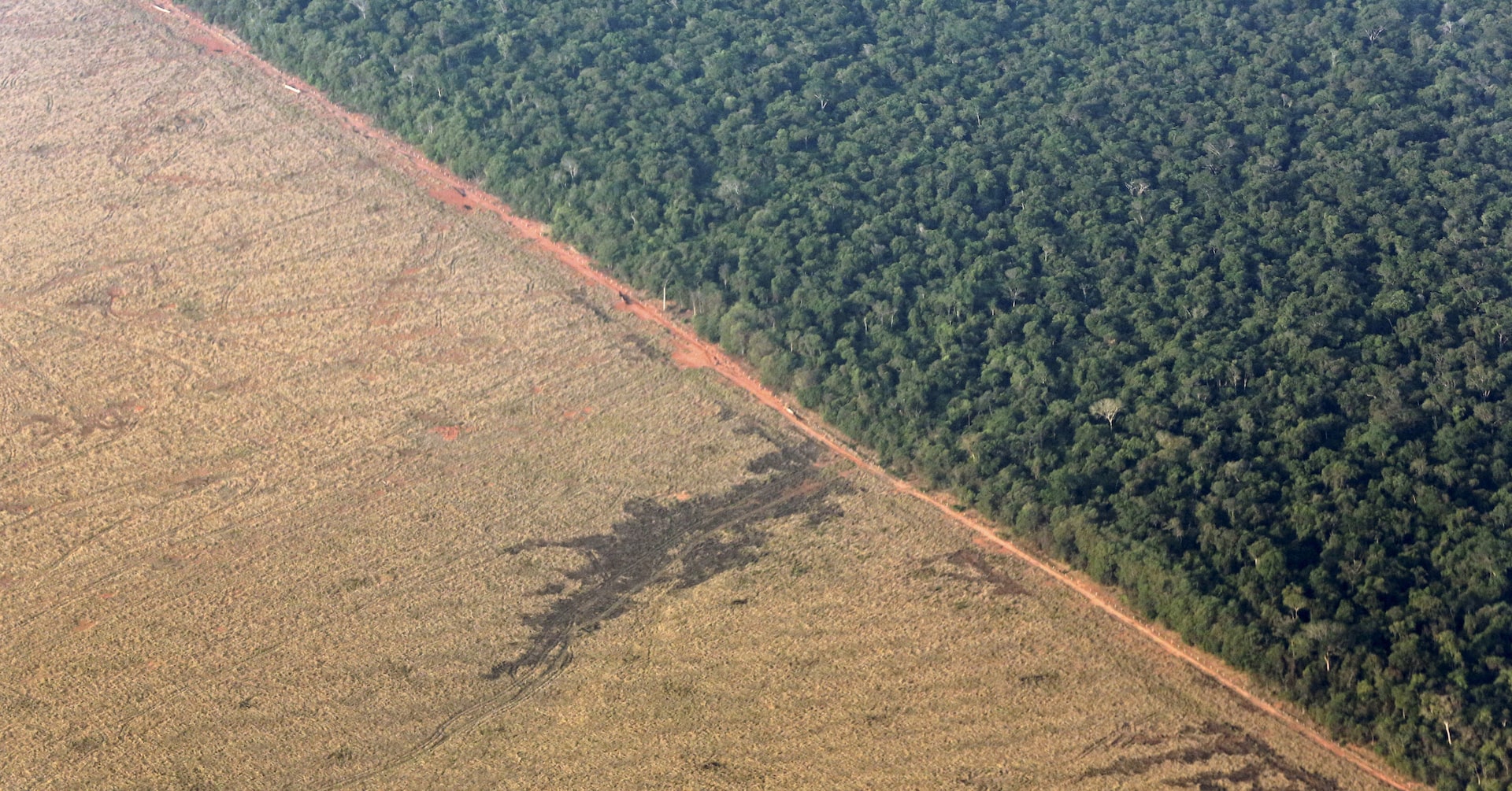Green Revolution: Brazil Launches $2B Eco Investment Auction to Fuel Sustainable Growth

Brazil's President Lula da Silva is set to unveil an ambitious green financing initiative that promises to transform the country's environmental landscape. The government will launch a groundbreaking auction aimed at raising $2 billion for sustainable development projects through the innovative Eco Invest Brazil program.
At the heart of this strategic effort is a critical mission to rehabilitate degraded pastureland, signaling a major commitment to environmental restoration and sustainable agricultural practices. The upcoming auction represents a significant step towards Brazil's environmental renewal, combining economic opportunity with ecological responsibility.
By targeting pasture restoration, the initiative seeks to address one of the country's most pressing environmental challenges while creating economic incentives for sustainable land management. This approach not only promises to improve ecological conditions but also offers potential economic benefits for farmers and investors interested in green development.
The announcement, scheduled for Monday, highlights the Lula administration's dedication to positioning Brazil as a leader in sustainable development and environmental conservation. It reflects a bold approach to balancing economic growth with environmental stewardship, potentially setting a new standard for national environmental policy.
